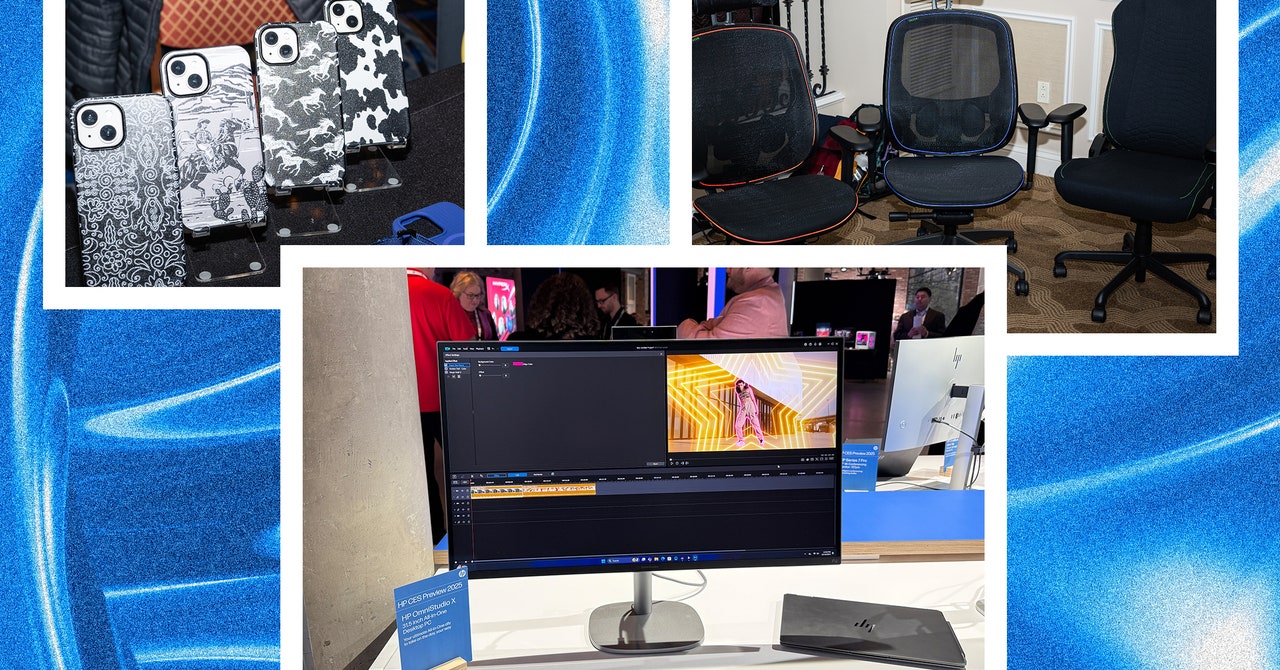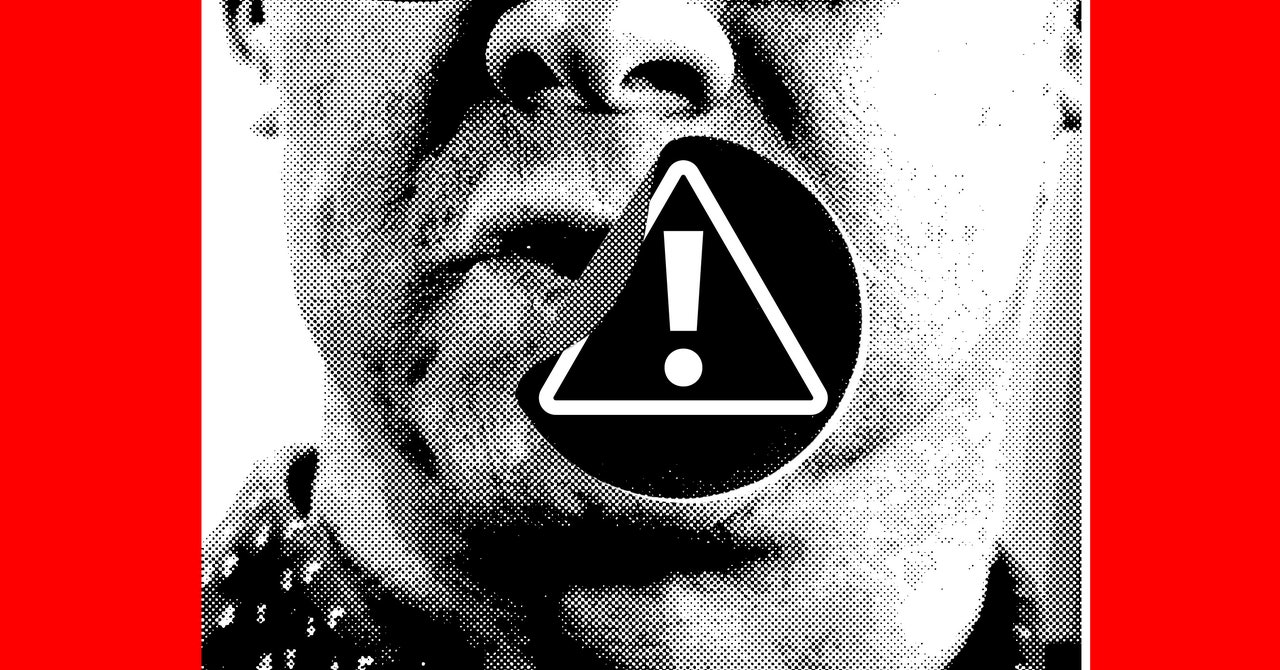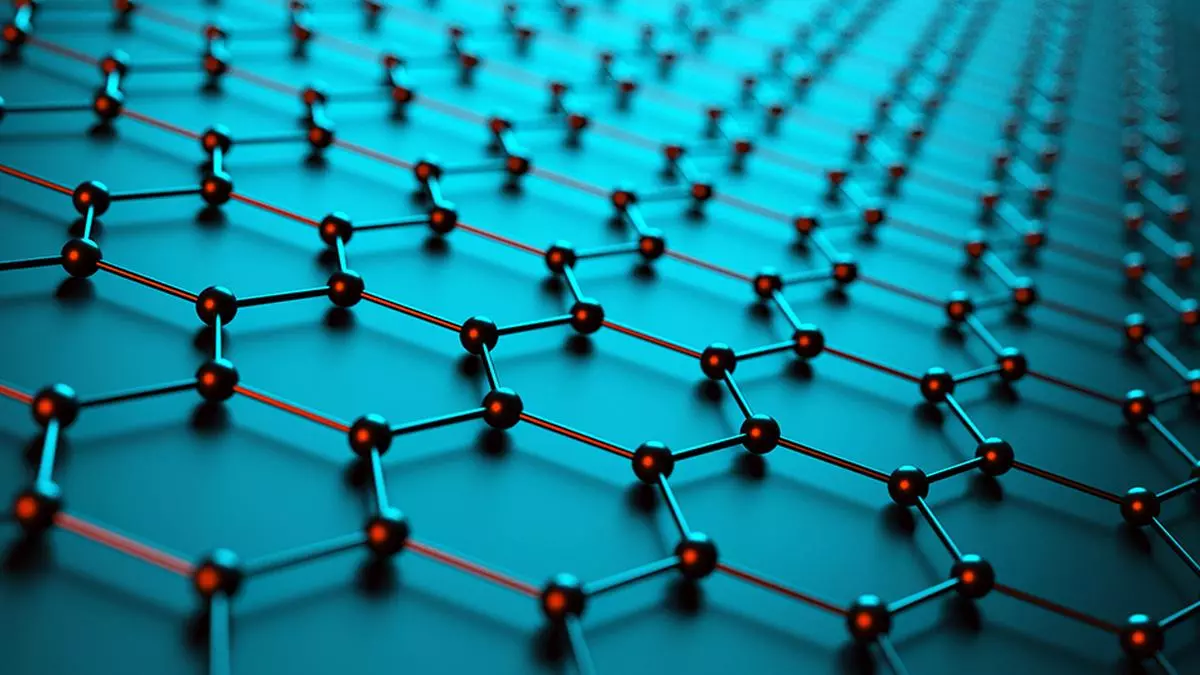![]()
The announcement comes shortly after OpenAI launched its text-to-video AI generator, Sora.
Google’s artificial intelligence (AI) research lab DeepMind has revealed a video-generating AI model, which aims to rival OpenAI’s Sora.
Yesterday (16 December), DeepMind announced Veo 2, the successor to its Veo model, which powers a growing number of the tech giant’s products.
Google said Veo 2 can create clips in resolutions up to 4K that can extend to minutes in length. Examples of Veo 2-generated clips showcased online include a Dachshund dog wearing goggles swimming in a pool, flamingos drinking from a body of water and a man carrying out beekeeping duties.
However, while Google said Veo 2 brings “an improved understanding of real-world physics and the nuances of human movement”, it has also acknowledged its limitations and flaws.
“While Veo 2 demonstrates incredible progress, creating realistic, dynamic or intricate videos and maintaining complete consistency throughout complex scenes or those with complex motion, remains a challenge.
“We’ll continue to develop and refine performance in these areas.”
The announcement follows OpenAI’s launch of Sora last week, which is an AI-powered text-to-video generator.
According to OpenAI, Sora comes with Coalition for Content Provenance and Authenticity metadata (which refers to data that describes and gives information about other data), in an effort to facilitate increased transparency in identifying AI-generated videos.
Responsible use
With the rise of content created by AI in recent years, there have also been increasing concerns about how this will infringe on the creative industries.
Authors and musicians have called out the dangerous effects AI could have on their industries, while thousands of creatives around the world signed a statement in October of this year warning AI companies that the unlicensed use of their work to train generative AI models is a “major, unjust threat” to their livelihoods.
There are also concerns around how AI could be abused to create deepfake content and spread disinformation. For example, earlier this year, Elon Musk, came under fire after he posted an AI-generated ad of US presidential candidate Kamala Harris on X, the social media platform that he owns.)
As a result, technology companies, including Google, are constantly having to moderate the content indexed on their sites.
Referring to this moral quandary, Google emphasised that it is “critical” to bring technologies like Veo to the world in a responsible manner.
“Videos created by Veo are watermarked using SynthID, our cutting-edge tool for watermarking and identifying AI-generated content and will be passed through safety filters and memorization checking processes that help mitigate privacy, copyright and bias risks.”
Don’t miss out on the knowledge you need to succeed. Sign up for the Daily Brief, Silicon Republic’s digest of need-to-know sci-tech news.









Leave a Comment